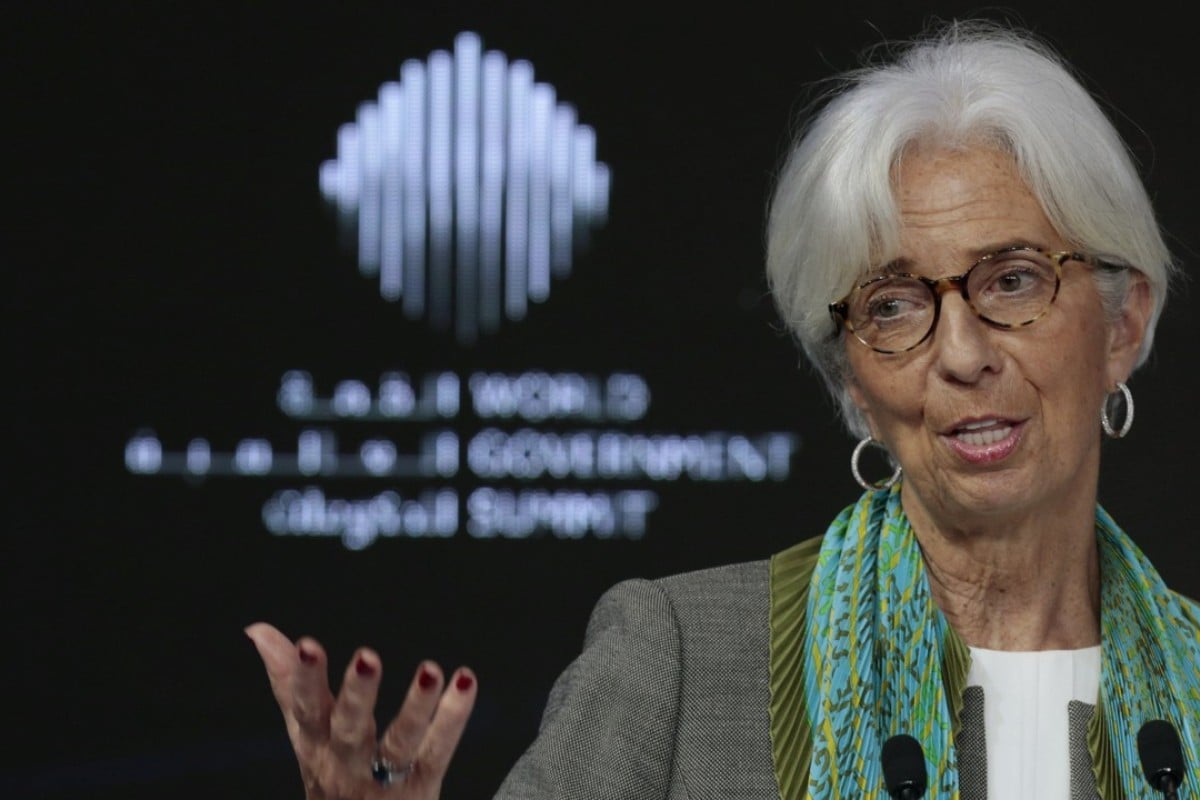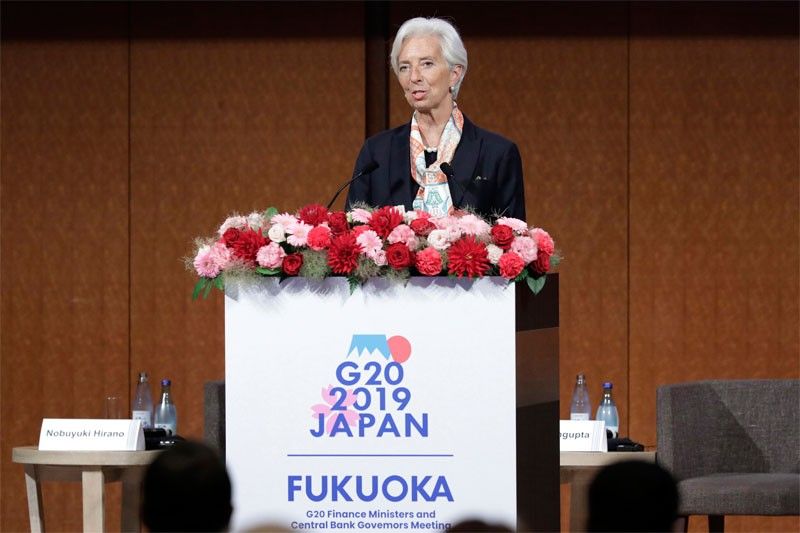
For incoming European Central Bank President Christine Lagarde, the U.S.-China trade war is the biggest threat to the global economy.
Lagarde, who has run the International Monetary Fund since 2011 and was selected in July to replace Mario Draghi from Nov. 1, said the tariffs that the U.S. and China have slapped on each other’s goods are set to shave 0.8% off global economic growth in 2020.
That’s a massive number,” Lagarde said in an interview with CNBC’s Sara Eisen. “It’s fewer jobs. It’s less business going on. It’s less investment. It’s more uncertainty. It weighs like a big, dark cloud on the global economy.
I think trade — threat against trade at the moment — is the biggest hurdle for the global economy, yes, indeed.

Trade negotiators from the U.S. and China are set to resume principle-level trade talks next month in Washington. The tit-for-tat tariff threats in the past year and a half have roiled financial markets and sparked concerns about a global recession.
The longer this lingers, the more uncertainty sinks in. And if you’re an investor, if you’re an enterprise, whether small, medium size or big, you’re not going to invest, you’re going to wait. You’re going to sit and wonder where the supply chains are going to be organized.
Besides China, President Donald Trump has also threatened Europe and has accused Europe of protectionist measures. Most recently, after talks with EU leaders, Trump struck an upbeat tone on the prospects for a fair trade agreement without imposing threatened tariffs on car imports.
Europe and the United States have been friends for decades and centuries, have often, you know, been on the same side of the battlefield and have rescued each other on many occasions,” Lagarde said. “And I’m very grateful to the United States for that. It’s not a relationship that should turn into any kind of trade war at all.




